This piece was originally posted on Aditi Mukherji's blog Waterscapes.
Today was the first day of Stockholm World Water Week 2012. This is the 4th time I am attending SWWW, having attended it in 2003, 2006 and 2009. I love SWWW, not only because I get to meet all my water friends from around the world, but also because I get to hear such interesting talks. Today, I attended a session on ‘Promoting Integrity and Transparency in Water and Food Security’.
There were two presentations I found particularly interesting. One was on corruption in giving out water permits in Kazakhstan and Chile – two countries, apparently quite low on corruption perception index, yet, showing high level of petty corruption that affected farmers negatively. This made me think of the groundwater permit system in West Bengal and the petty corruption that it led to. Thankfully, a very sensible bureaucrat in West Bengal saw the permit system for what it really was – a vehicle of rent seeking and corruption by petty officials and did away it. Long live sensible bureaucrats! Kazakhstan, Chile, West Bengal are not the only instances where water permit systems have led to corruption, examples abound from almost all developing countries which have tried to issue water permits to farmers. Why is it that in face of such evidence, country after country wants to introduce permits and quotas in the water sector? Is it because Australia and the US have done it and because it has worked there, it will work elsewhere too? Whatever happened to the context specific policies?
Then there was a presentation by my friend of many years, Elena Lopez Gunn. Elena, a fellow geographer, was associated with London School of Economics in the past and now works with the Botin Foundation in Madrid. She presented her Foundation's work with the Transparency International in developing a set of quantifiable performance measurement metrics for major water authorities in Spain and putting them in the public domain. She recounted how within a year of this effort, several water authorities who did not perform well in terms of publicly accessible data, improved their performance in the next year. Can we try this in India? I am not so sure. Given we barely care about multi-million dollar scams that we now wake up to every morning and digest with tea and biscuits, I wonder if anyone will even bother to know about petty corruption in say, urban water distribution systems in small municipal corporations that dot the country. I hope I am wrong, but am afraid not!




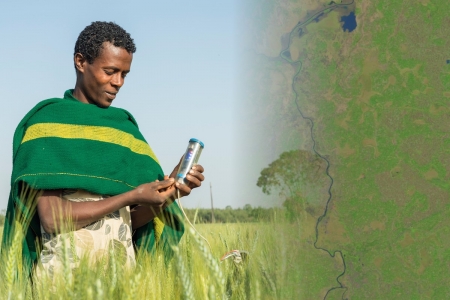


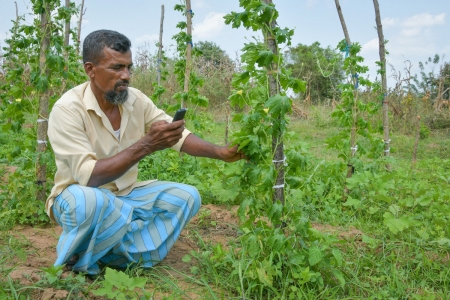
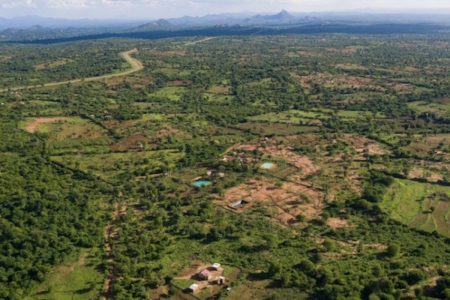


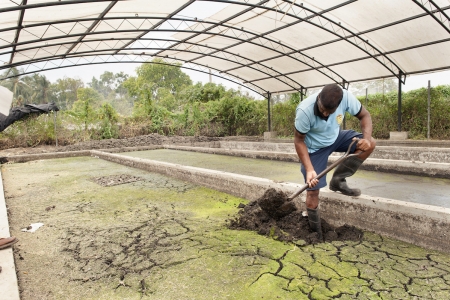
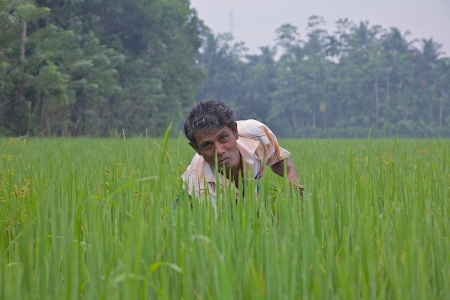
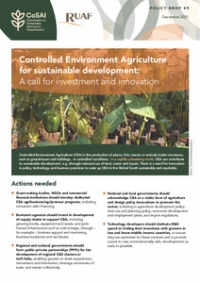
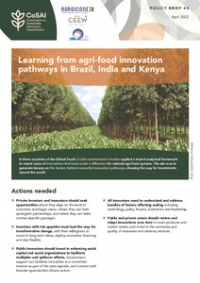
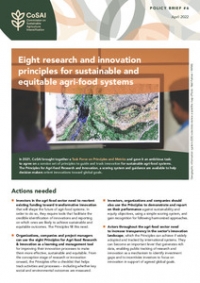
Comments
I like your blog. Two things I like about the post, one it is straight forward and two it does not attempt to promote anyone's position particularly. Another good post Aditi.